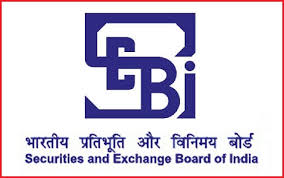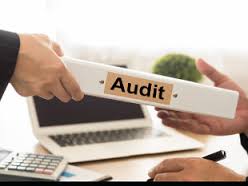 SEBI has tightened the noose on listed companies not adhering to norms with regard to minimum public shareholding (MPS). Those that are non-compliant will have to pay a fine of Rs.5,000 a day. In addition, the entire promoter holding, except for compliance to MPS, will be frozen by depositories, and the promoter group and directors of the particular company will not be allowed to hold any position in other companies.
SEBI has tightened the noose on listed companies not adhering to norms with regard to minimum public shareholding (MPS). Those that are non-compliant will have to pay a fine of Rs.5,000 a day. In addition, the entire promoter holding, except for compliance to MPS, will be frozen by depositories, and the promoter group and directors of the particular company will not be allowed to hold any position in other companies.
According to MPS norms, any listed company must have at least 25 per cent as public share holders while the remaining 75 per cent can be held by promoters. Government-promoted companies were given time till August 2018 to comply with these norms. Newly listed companies are given a three-year window to comply.
De-listing
Further, if the non-compliance continues for over one year the amount of fine per day will double to Rs.10,000 and such companies may even face compulsory de-listing of their shares from stock exchanges. Stock exchanges have been asked to share all the details of non-compliant companies on their website.
“Mandating penalties for non-compliance of MPS norms will surely act as a deterrent for the violators,” said Anjali Aggarwal, Partner & Head, Capital Market & Stock Exchange Services at Corporate Professionals, a law firm.
“But for any listed company, there may be many corporate actions such as forfeiture of partly paid shares/ buybacks/ takeover offers, etc, wherein promoter holding crossing the threshold of 75 per cent is beyond that company’s control, as it can’t be ascertained as to how many shareholders may tender their holding. A distinction needs to be carved for routine defaulters and for lapses that may happen because of any such corporate actions.”
In the past, SEBI has taken action against non-compliant firms but the penalty was not specified in the rule book.
In 2013, SEBI had first cracked the whip on 105 companies, including Adani Ports, BGR Energy Systems, Tata Teleservices and Videocon, for not complying with the MPS norms by freezing voting rights and corporate benefits of promoters, the promoter group and directors of these companies, until they complied.
Source: The Hindu Business Online






